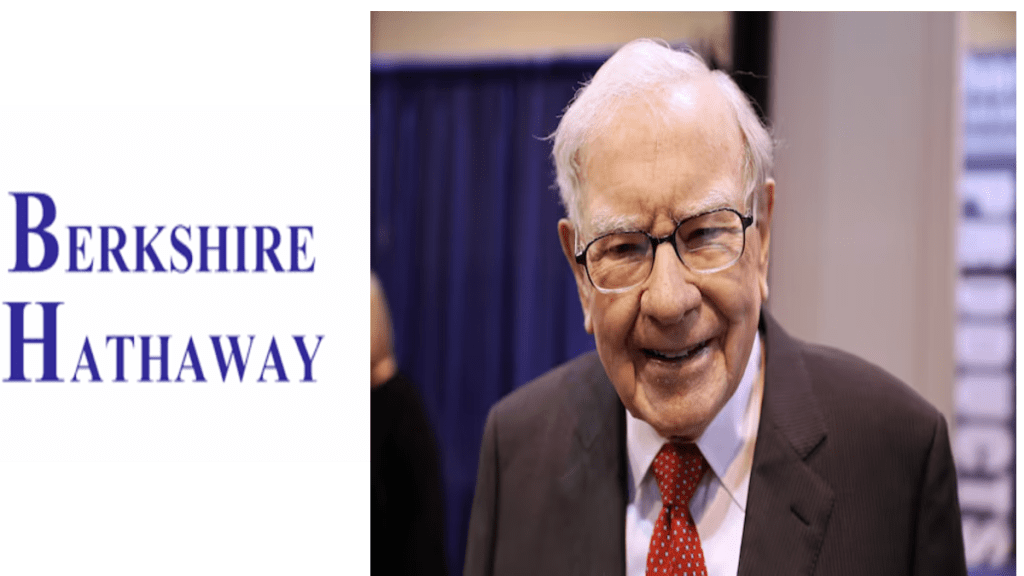The weekend was abuzz with the annual Berkshire Hathaway meeting and Warren Buffett‘s letter to shareholders of Berkshire Hathaway. While the letter encompassed developments and investment approach for the Group through the year, there are some key highlights like Buffett’s perspective on Berkshire’s cash levels and the present investment bias.
Here are the key takeaways from Buffett’s letter –
#Cash Position Vs Equity investment
Berkshire’s cash position and other cash-like securities came in at $334.2 billion. According to available data this is almost double the $167.6 billion recorded in the 2023 annual report. Meanwhile the total equity portfolio stood at $272 billion at year-end. This has led to several comments on the large cash position. Warren Buffett however explained that, “While our ownership in marketable equities moved downward last year from $354 billion to $272 billion, the value of our non-quoted controlled equities increased somewhat and remains far greater than the value of the marketable portfolio. Berkshire shareholders can rest assured that we will forever deploy a substantial majority of their money in equities – mostly American equities although many of these will have international operations of significance.”
The Oracle of Omaha was quite categorical in his asserting that “Berkshire will never prefer ownership of cash-equivalent assets over the ownership of good businesses, whether controlled or only partially owned.” The surge in the cash levels can be attributed to the company paring down stake in many companies including Bank of America, Citigroup, Apple and the like.
#Investing in treasuries
Berkshire Hathaway has used the proceeds from stake sales in many key companies for reinvesting in Treasury bills. In fact, Buffett mentioned that the earnings performance was “aided by a predictable large gain in investment income as Treasury Bill yields improved and we substantially increased our holding of these highly-liquid short-term securities.”
#The big bet on insurance
Berkshire’s insurance business helped earnings significantly in 2024. In the opening notes, Buffett wrote that “And our experience is that a single winning decision can make a breathtaking difference over time. (Think GEICO as a business decision, Ajit Jain as a managerial decision and my luck in finding Charlie Munger as a one-of-a-kind partner, personal advisor and steadfast friend.).” In fact, under Ajit Jain- vice chairman, the insurance business is a key growth driver with 51% operating earnings. The difference is further brought forth when the operating income is studied in details. Excluding insurance, it grew by just 11% compared to last year.
According to Buffett, “Our insurance business also delivered a major increase in earnings, led by the performance of GEICO. In five years, Todd Combs has reshaped GEICO in a major way, increasing efficiency and bringing underwriting practices up to date. GEICO was a long-held gem that needed major repolishing, and Todd has worked tirelessly. Though not yet complete, the 2024 improvement was spectacular.”
#Berkshire increases Japanese investments
Berkshire Hathaway’s take on Japanese investments is another interesting takeaway from Buffett’s letter to the shareholders. While he specifies that most of the investment approach is US-focussed, there are small exceptions. Their investment in 5 Japanese stocks is one such exception. According to Buffett, “Our holdings of the five are for the very long term, and we are committed to supporting their boards of directors. From the start, we also agreed to keep Berkshire’s holdings below 10% of each company’s shares. But, as we approached this limit, the five companies agreed to moderately relax the ceiling. Over time, you will likely see Berkshire’s ownership of all five increase somewhat.”
Giving his rationale for the long-term commitment in these stocks, Buffett pointed out that, “Each of the five companies increase dividends when appropriate, they repurchase their shares when it is sensible to do so, and their top managers are far less aggressive in their compensation programs than their U.S. counterparts.”

